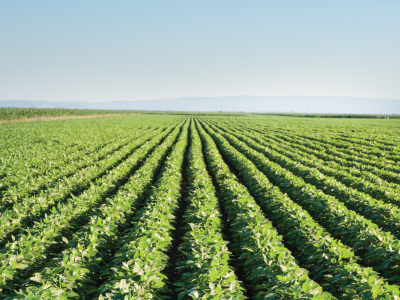Soil & Sea: reports from our producers
This article was originally published in July 2014

The value of certified organic crops to Washington farmers rose 16 percent in 2010, to a total of $244.6 million, according to a new study conducted by Washington State University (WSU). It also found that the amount of certified organic crop acreage and the number of certified organic farms in Washington state decreased.
WSU has named a new apple from its breeding program “Cosmic Crisp.” It previously was only known by its breeding name, WA 38. “Cosmic” comes from the apple’s tiny spots on the skin that look like starbursts, and “Crisp” is a reference to its firmness and to Honeycrisp, which is one of the apple’s parents.
Greek yogurt reportedly accounted for 44 percent of U.S. yogurt sales in 2013, up from only 4 percent in 2008. The U.S. yogurt market is worth more than $7 billion.
A sudden rise in pesticide drift incidents in Eastern Washington fruit orchards has sickened 60 people from March through May — a typical number for a full year, the Washington State Department of Health said.
Warming temperatures are exposing arabica coffee beans, the most popular variety, to new pests and diseases, and some agricultural researchers predict arabica will face extinction in a few decades. Robusta coffee — the second-most commonly cultivated bean around the world — survives at lower altitudes and higher temperatures and is more resistant to most diseases. But the taste of robusta is described as too harsh.
Crude oil from the BP oil spill in the Gulf of Mexico may have led to heart defects and premature death for tuna, researchers backed by the National Oceanic and Atmospheric Administration report.
This looks like a banner year for king salmon. Chinook catches along the West Coast have rebounded steadily since hitting a low of 2,100 tons in 2009. While catches have tripled since then, prices also have increased.
